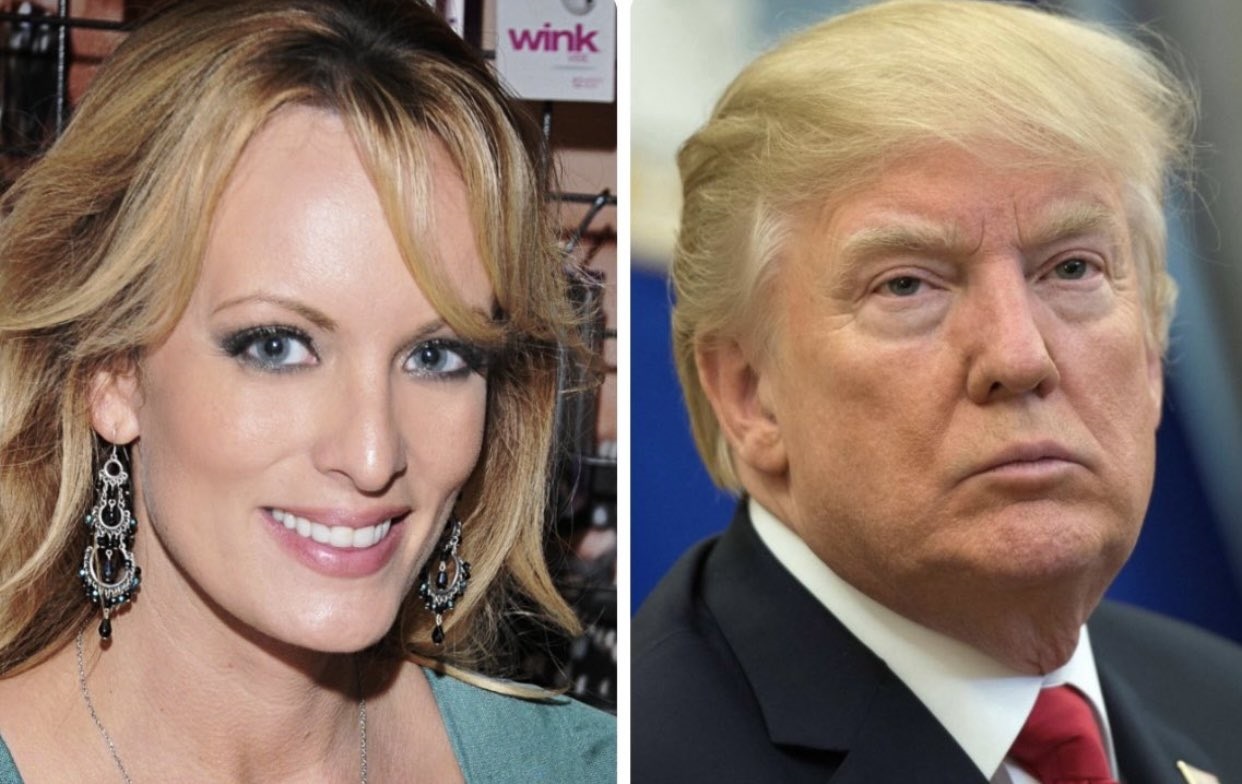Returning to the White House and to the title of first lady: a conscious decision by Melania Trump, aware that being the first doesn’t stop Trump from seeking a second.
The case of former United States President Donald Trump’s affair with porn actress Stormy Daniels has brought to light a series of ethical and moral questions, especially regarding the forgiveness granted by his wife, Melania Trump. The episode, which involved a secret payment of $130,000 to silence Daniels, sparked debate about women’s stance on their partners’ infidelity.
The crux of the controversy lies in the fact that Trump’s affair with Daniels allegedly occurred just four months after the birth of his child with Melania. In 2016, when Trump ran for president, the public revelation of the affair could have had devastating consequences for his political image. To avoid this, a financial agreement was reached, involving a secret and illegal payment.

While many question the ethics and legality of Donald Trump’s actions, attention also turns to Melania Trump and her decision to publicly forgive her husband’s betrayal. This gesture, for many women who have faced infidelity in their relationships, may prompt deep reflection on the limits of forgiveness and self-esteem.
This sums it up perfectly!
It’s the #ElectionInterference Trial not #HushMoney! Call it what it is! #TrumpTrials #TrumpIsACriminal #LockHimUp #StormyWeather #StormyDaniels pic.twitter.com/eyUTonNq4G— ᕼᗴᗪᗩ
(@hedahunter) April 17, 2024
Melania Trump’s attitude raises questions about what is at stake when forgiving betrayal. Is it a demonstration of unconditional love and marital commitment, or a resigned acceptance of a partner’s flaws for personal gain? By returning to the White House and resuming her role as first lady, Melania Trump seems to suggest that, even aware of her husband’s transgressions, her social status and personal comfort outweigh issues of fidelity and trust.
The discussion about the example Melania Trump sets for betrayed women is complex and multifaceted. While some may interpret her decision as an act of courage and dedication to family, others see it as a resigned submission to a harmful and disrespectful behavioral pattern. Ultimately, Melania Trump’s story serves as a catalyst for deep reflection on personal values, self-respect, and the limits of forgiveness in interpersonal relationships.


 CIES – Centro de Inovação Educacional em Saúde
CIES – Centro de Inovação Educacional em Saúde







